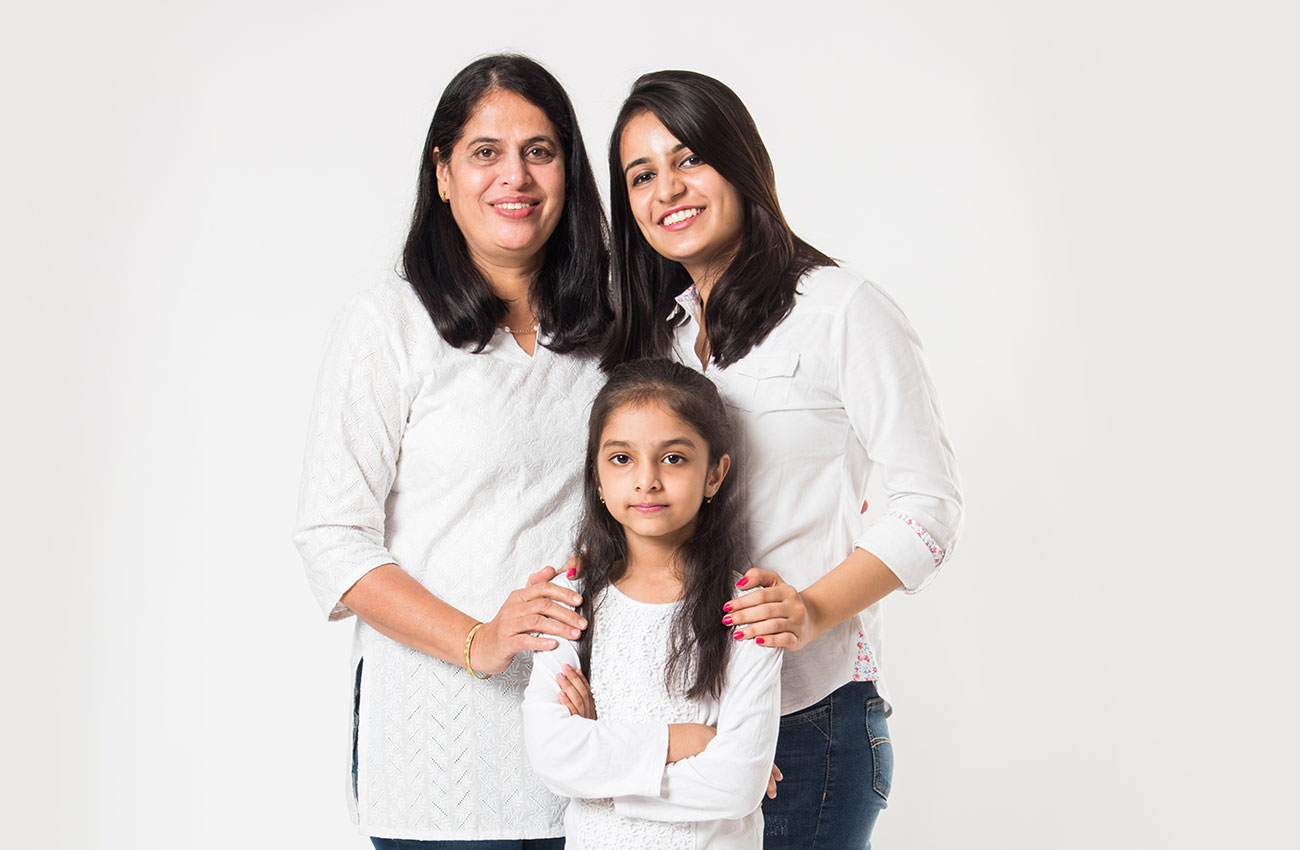What is BRCA Testing?

A blood test that helps assess your chances of developing cancer by detecting a potentially harmful change (mutation) in the BRCA1 and BRCA2 genes.

Prevalence

- By 2025, over 2,00,000 cases of breast cancer and nearly 50,000 cases of ovarian cancer are estimated to be reported in India
- Familial breast cancer comprises approximately 20% to 30% of all breast cancer cases
- Approximately 7% of all breast cancer and 15% of all ovarian cancer cases are caused by harmful mutations in the BRCA1 and BRCA2 genes
Common cancers for which predisposition can be assessed
- Female and male breast cancer Ovarian cancer (including cancer of the fallopian tube and primary peritoneal cancers)
- Prostate Cancer
- Pancreatic Cancer
- Melanoma
The exact cancer risks differ slightly depending on whether Hereditary Breast and Ovarian Cancer (HBOCP is caused by a BRCA1 or BRCA2 pathogenic variant.
Why do you need the test?
Specific inherited mutations in BRCA1 and BRCA2 are known to increase the risks of breast and ovarian cancer.
The BRCA1 and BRCA2 gene testing are used for:
- Assessing hereditary cancer risk
- Helps the clinician in treatment decisions to decide on preventive measures
- For those individuals who are already affected with cancer and are carriers of inherited pathogenic BRCA mutations, helps in targeted therapy decision using PARP inhibitors
- Improving overall survival through early detection
Who needs to get tested?
Individuals with a personal or family history (1st, 2nd, or 3rd-degree relative in either lineage) are predisposed towards BRCA1 and BRCA2 associated HBOC. Here’s what you need to consider before getting the test done:
- A personal history of breast or ovarian cancer diagnosed at a young age (premenopausal), bilateral breast cancer (affecting both breasts), or the presence of both ovarian and breast cancer
- A family history of breast, ovarian, fallopian tube, peritoneal, prostate, or pancreatic cancer
- A male family member having breast cancer
- A relative with a known deleterious mutation in BRCA1 or BRCA2 genes
- A history of breast/ovarian cancer diagnosed below the age of 45 years
- A family member with bilateral breast cancer below the age of 50
- An individual with triple-negative breast cancer below the age of 60 years with or without a family history
- Two or more relatives with ovarian cancer
- An Ashkenazi Jewish ethnicity
- Breast and ovarian cancers in either the same woman or the same family


 Enquire
Now
Enquire
Now